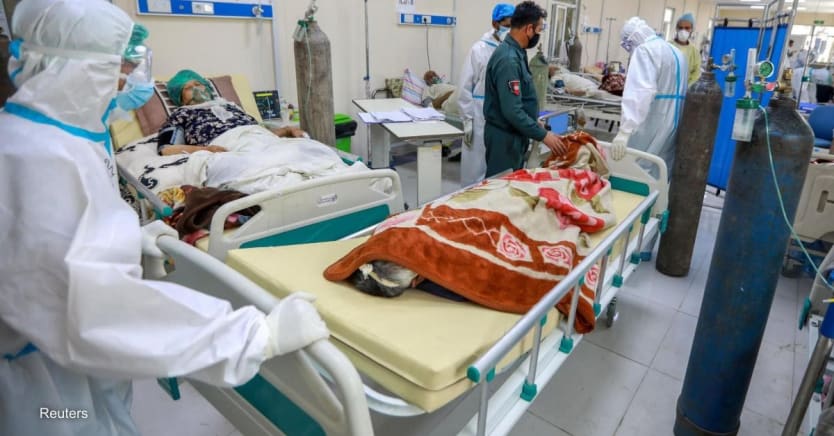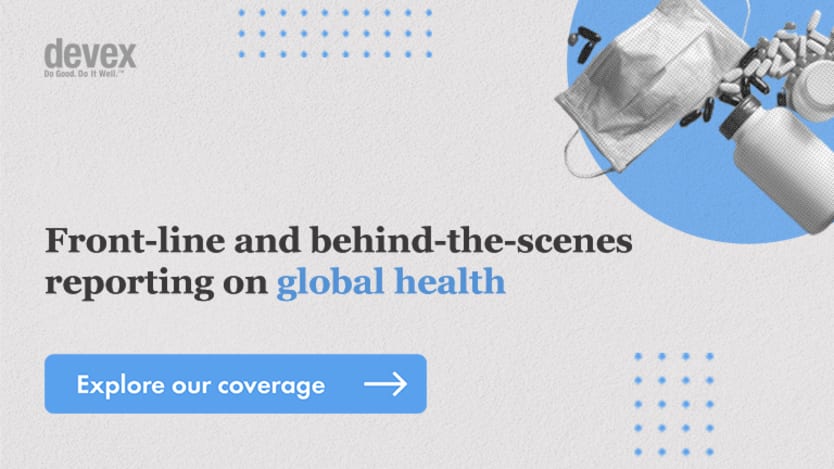Only 17% of key health facilities in Afghanistan are functional

Senior officials of the World Health Organization have warned of acute health needs in Afghanistan and the consequences of donor cuts to the country’s largest health project.
Sign up for Devex CheckUp
The must-read weekly newsletter for exclusive global health news and insider insights.
Only 17% of over 2,300 health facilities funded under the Sehatmandi project — which is described by WHO as the “backbone” of Afghanistan’s health system — are fully functioning.
The project has been heavily reliant on donor funding, which has been suspended since the Taliban takeover of the country’s capital in August.
This left many facilities without funding to purchase medical supplies, and to pay for staff salaries. These facilities have now either reduced operations or shut down, “forcing health providers to make hard decisions on who to save and who to let die,” according to a statement by Dr. Tedros Adhanom Ghebreyesus, director-general at WHO, and Dr. Ahmed Al-Mandhari, WHO regional director for the eastern Mediterranean.
The two have just completed a visit in Kabul to meet with senior members of the Taliban, WHO staff, U.N. partners, health care workers, and patients.
The closure of the health facilities, which WHO forewarned in recent weeks, is having an impact on the availability of basic and essential health care services and is expected to affect other programs such as polio vaccination. WHO also warned that female patients are hesitant to seek care with fewer health facilities operating and fewer female health workers available.
Meanwhile, 9 of the 37 COVID-19 hospitals in the country have now closed, and “all aspects of the COVID-19 response have dropped,” including surveillance, testing, and vaccination activities. There are 1.8 million unused COVID-19 vaccine doses in the country.
“WHO and partners are ready to begin a country-wide house-to-house polio vaccination campaign and include measles and COVID vaccination in an integrated campaign,” according to the statement. WHO launched an appeal for $38.45 million to meet the humanitarian needs in Afghanistan until December 2021. It’s part of an overall appeal of $66 million for the health sector in the country.
U.N. humanitarian chief Martin Griffiths said Wednesday he is releasing $45 million from the U.N.’s Central Emergency Response Fund to keep health care facilities running in Afghanistan until the end of 2021, including hospitals for COVID-19 patients. The funding will go to WHO and UNICEF who are working with national and international NGOs.

More reading:
► Amid Afghanistan’s political crisis, a health system at ‘breaking point’
► Guterres warns Afghanistan faces 'dramatic humanitarian crisis'
Search for articles
Most Read
- 1
- 2
- 3
- 4
- 5








